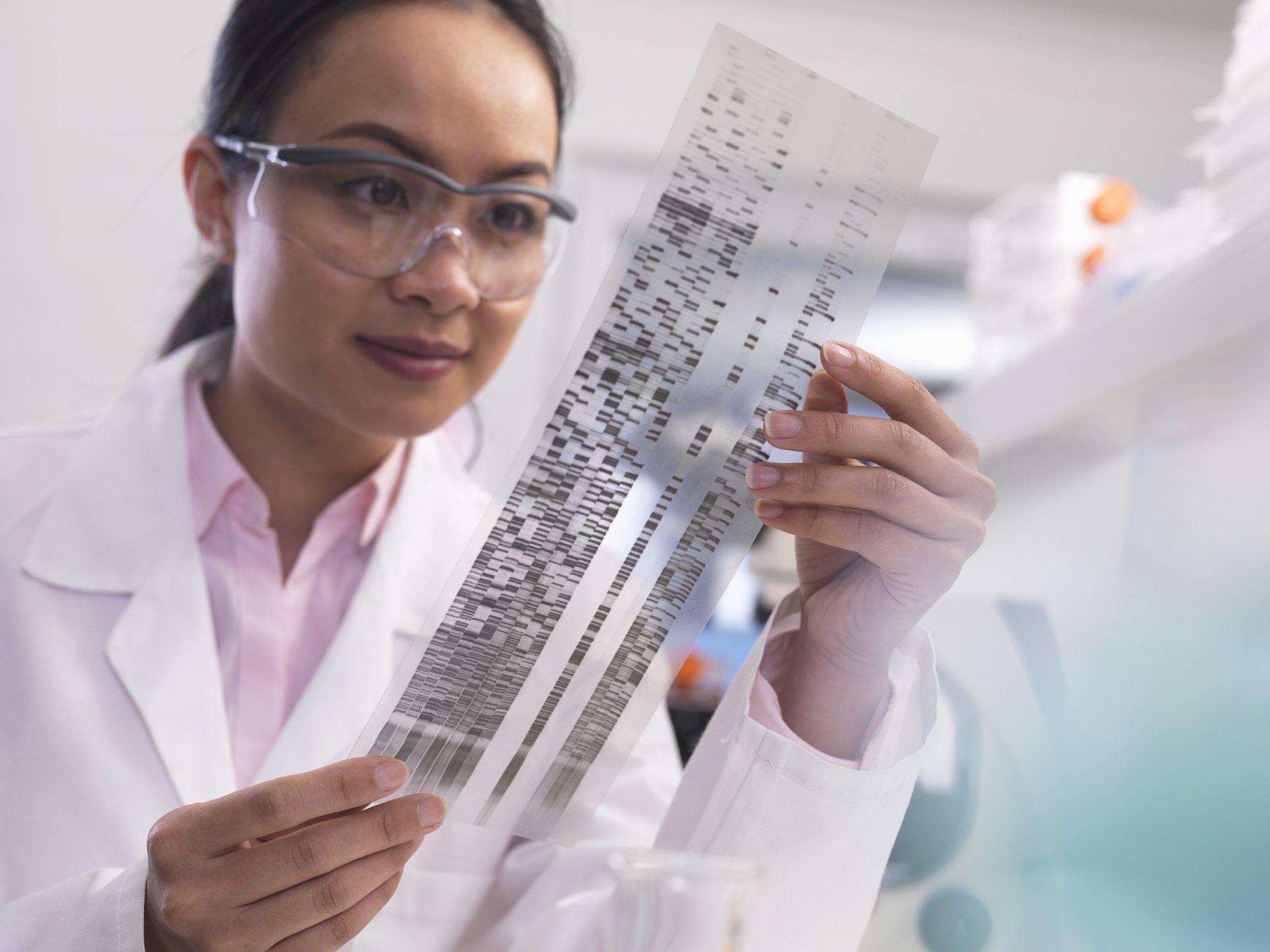Know Your Risk
Discover how Memorial Hermann’s new DNA screening program hopes to improve Houston’s health

The initial testing kit is at no cost to you.
Houston is home to the world-renowned Texas Medical Center, the source of countless healthcare innovations and discoveries that have helped people live healthier lives.
As the largest nonprofit health system in Houston, Memorial Hermann is committed to creating healthier communities, now and for generations to come. They recognize that the more you know about your health, the more you may be able to do to protect it. Genetic screening offers the potential to help advance health in Houston.
genoME® is a community health research program that Memorial Hermann is launching that uses genetic screening to help pinpoint potential health issues that could impact you or your children’s health.
By uncovering important information about your DNA, the first phase hopes to identify people at risk for certain cancers or heart disease. By utilizing this information, Memorial Hermann hopes to help prevent or combat disease, so people may be able to live healthier lives.
We sat down with Dr. James McCarthy, EVP and chief physician executive of Memorial Hermann Health System, to learn more about genoME®.
CultureMap: What is genoME®?
Dr. McCarthy: genoME® is a health research program supported by Memorial Hermann to help improve the health of patients and the community we serve.
Through a no-cost DNA screening, the program looks at how your DNA could impact your health. The information we gain may help us to improve the ability to personalize health treatments and support new research discoveries.
CM: What are the benefits of genome DNA screening?
Dr. McCarthy: When it comes to your health, knowledge can be power. The earlier you know your risk of a disease, the more you may be able to do to combat it. Earlier detection of disease risk may lead to better treatment outcomes.
CM: How does genoME® work?
Dr. McCarthy: As part of genoME®, a secure genetic research database will be developed in collaboration with our research partners. This genetic information may lead researchers to discover the causes of certain diseases and how to treat them more effectively while helping Memorial Hermann improve the standard of care for all patients.
CM: What is the process to submit DNA and receive results?
Dr. McCarthy: Once you’ve signed up for genoME®, you will receive a DNA saliva collection kit by mail with instructions on how to collect your DNA sample and where to return it for genetic screening. You will receive the results of your DNA screening and review the results that may reveal your risk of certain cancers or heart disease.
CM: What if screening reveals I’m at increased risk?
Dr. McCarthy: If you are found to be at increased risk, you may be referred to see a genetic counselor about your results, which will be at no cost to you.
CM: How does genoME® differ from Ancestry DNA and other genealogical screening programs?
Dr. McCarthy: Genealogical screening programs such as Ancestry DNA and others are designed to provide information on ethnic origins and historical geographical insights based on DNA matches.
While genoME® does offer ancestry and traits information from our partners at Helix, the primary focus of the program is on patterns within your DNA that stand out and correlate with increased risk of disease. This information may lead to earlier disease detection and improve your health and the health of future generations.
CM: What is Memorial Hermann hoping to accomplish with genoME®?
Dr. McCarthy: Thanks to our participants and dedicated researchers, genoME® and Memorial Hermann are excited and hopeful about making an impact not only on our patients’ health but also on the health of our community, now and for generations to come.
CM: Who is eligible to participate?
Dr. McCarthy: Anyone 18 and older* is eligible to participate in genoME®. The initial genetic screening is at no cost to you.
---
To join genome and learn more about your health and how to protect it, visit memorialhermann.org/genome.
*Participants must be without a history of a stem cell or bone marrow transplant from a donor.
